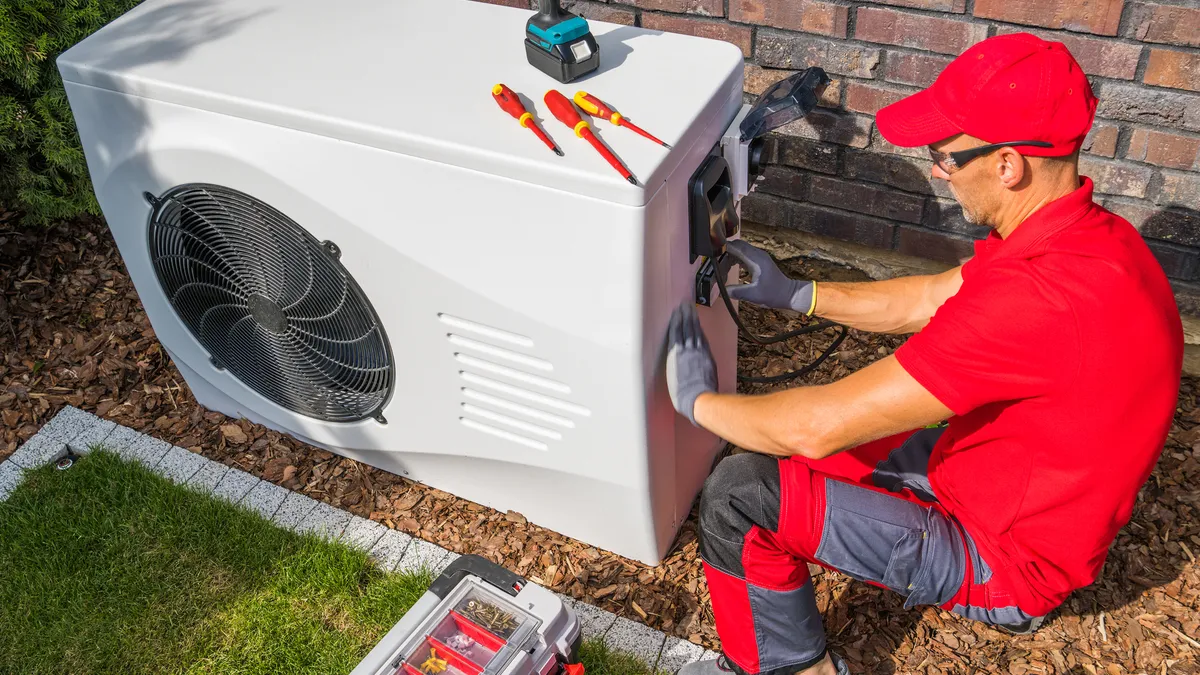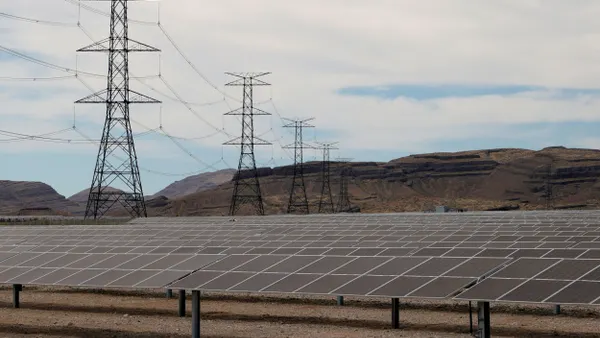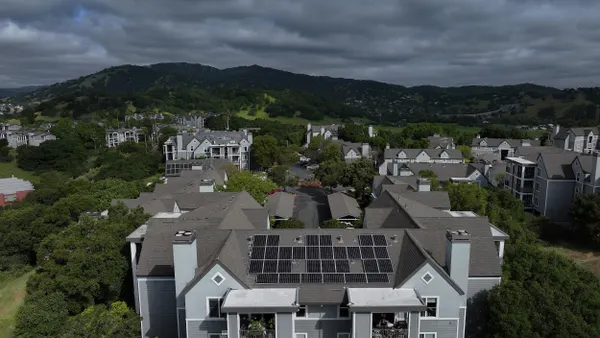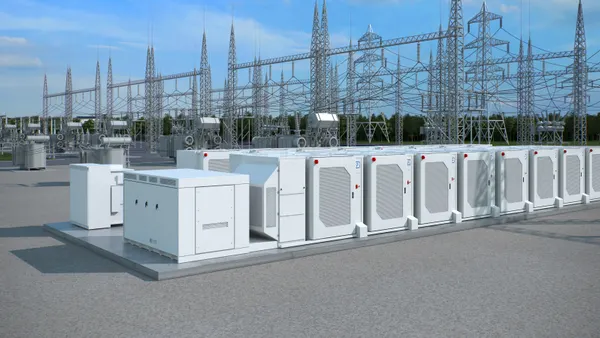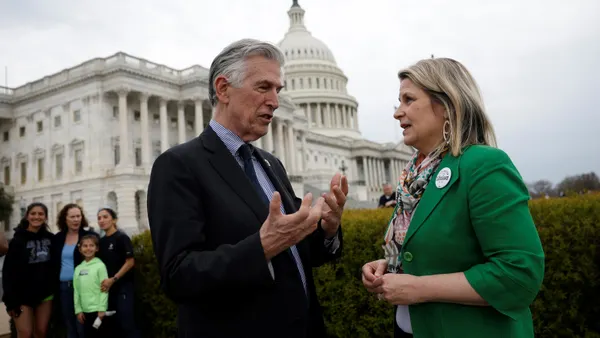Dive Brief:
- Hawaii regulators last week approved Hawaiian Electric's (HECO) proposed power purchase agreement (PPA) with a 185 MW battery storage project in Kapolei, Oahu, despite concerns that the system might initially have to charge off fossil fuel generation.
- The Hawaii Public Utilities Commission (PUC) hopes that the Kapolei project will help ensure grid reliability during and after the scheduled retirement of a coal plant on Oahu in 2022. However, regulators also imposed a series of conditions on HECO in approving the agreement, including foregoing certain performance incentives and requiring the "financial retirement" of other fossil fuel units by specific dates.
- HECO, however, says these conditions could actually throw a wrench in the Kapolei project’s development. "While technically an approval, the order imposes such unprecedented conditions that the company and the developer may be prevented from moving forward with this innovative and cost-effective project," spokesperson Shannon Tangonan said in an emailed statement.
Dive Insight:
HECO approached regulators for permission to move ahead with a power purchase agreement for the 185 MW/565 MWh Kapolei project last September. The utility plans to retire the 180 MW AES coal plant, which currently serves roughly 15% of the demand on Oahu, in 2022, and a series of other fossil fuel units in the following years. The proposed Kapolei project, along with multiple other solar and storage facilities, is a critical part of HECO’s plan to replace these plants.
However, concerns over delays to renewable projects have prompted regulators in the state to take a closer look at HECO's plans to transition off fossil fuel generation. Commissioners raised the alarm over these delays at a status conference in March, noting that because the Kapolei project is scheduled to come online before any of the other pending renewable energy facilities, it will initially charge off mostly fossil fuel generation — leading Chair James Griffin to call it "the most expensive generating resource on this island that we’ve ever built, fueled by oil."
The PUC acknowledged some of these concerns in its latest decision, but eventually concluded that ensuring reliability during the coal plant’s retirement is a key priority, and that the Kapolei project could bridge this near-term gap.
At the same time, the commission’s decision outlines a series of conditions that HECO is expected to follow, noting that despite multiple admonitions to only use storage powered by fossil fuels as a last resort, "Hawaiian Electric appears to continue ignoring the high costs of this project and attendant risks of further dependence on fossil fuel."
The conditions include requiring the utility to forgo certain performance incentives for clean energy projects in the pipeline, as well as loosening requirements and expanding available capacity for some of its community-based renewable energy projects.
In addition, the decision would have the utility "financially retire" a series of fossil fuel generating units between 2023 and the end of 2028 — essentially, taking the plants off the books and requiring shareholders to shoulder any further costs. The commission also required the utility to submit monthly reports on the Kapolei project's performance, including details on energy stored from fossil fuels compared to renewable resources.
Commissioners have been quite vocal about finding aspects of the Kapolei project unpalatable, but had to balance that with concerns around HECO’s reserve margin after the Oahu coal plant is shuttered, said Marco Mangelsdorf, former president and current responsible managing employee at ProVision Solar. The decision did a creative job of outlining "real and tangible" conditions for the utility, he added.
HECO, however, is not happy with the conditional approval.
"We are also disappointed by some of the characterizations made by the commission and we disagree with them. The regulatory process allows us to raise these concerns to the PUC and so we will follow the process to the fullest extent to achieve an outcome that’s in the best interest of customers," Tangonan said.
If the utility were to ask regulators to reconsider the decision and the commission chose not to, "that’s going to be a major fork in the road for HECO," said Mangelsdorf.
HECO could either choose to follow the conditions or appeal the decision in court, he said, "and that, to my knowledge, has never been done."





